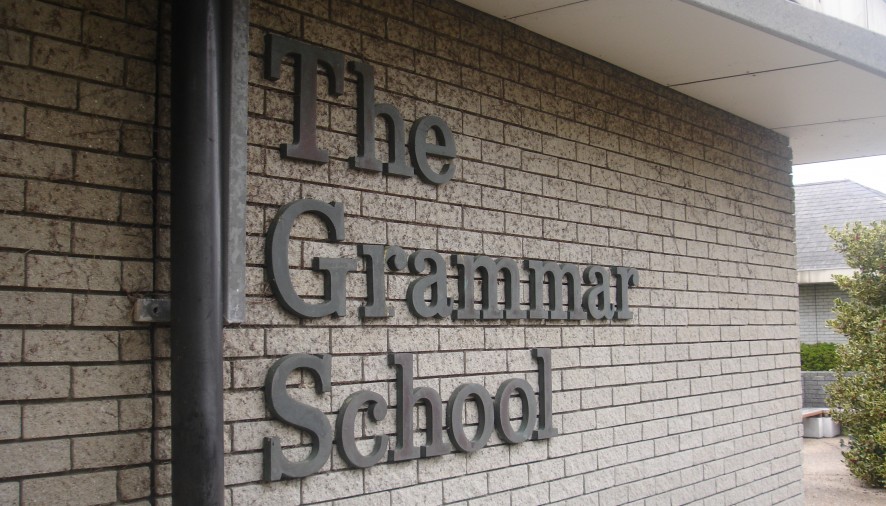More than most political issues, the debate around Grammar schools is both personal and extremely passionate. For those in favour, grammars are a vehicle for social mobility, providing children from ordinary backgrounds an education on par with that their wealthier contemporaries pay for at private schools. For those against, they represent division and elitism. I shall try to explain why, on balance, I take the former view.
Having attended a good state school in a fairly prosperous part of the country, I arguably won the infamous ‘Postcode lottery’ which determines too many children’s educational opportunities. Despite the inequalities of this system, many still argue grammar schools are somehow less fair. They do so for two main reasons. The first of these is the idea of testing a child at eleven and thus determining their educational future. Here opponents of grammar schools are sometimes guilty of living in the past. In the 1950s this point may have been valid, but the pluralism of today’s schools system means the days of a child failing the eleven plus and thus being consigned to a second rate education would remain, thankfully, sconsigned to history. The second charge levelled at selection in education is the somewhat vague label of ‘elitism’. It is worth remembering this is already rife in education due to the effect of good state schools driving up house prices and thus ensuring children from wealthier backgrounds are more likely to live in catchment for them, to say nothing of the fact that those who can afford to pay can do so in order to receive a private school education. Selection on merit would surely be fairer than either of these de facto selection methods which currently exist in our education system.
But what of the case for Grammar schools? The arguments are numerous, but I have selected several of those which are most important to me. The first is social mobility. It is disgraceful for instance that over 70% of judges and top military personnel, and over half of top solicitors and print journalists attended fee paying schools. Greater academic selection offers a chance for bright children from ordinary backgrounds to compete on a more level playing field with the 7% of the population who are privately educated. It ought to be noted that the leaders of both Britain’s main political parties attended grammar schools (though Corbyn opposes giving others this opportunity). Secondly, I have already mentioned the quasi selective nature of many high performing state schools, coupled with the advantages open to those who attend fee paying schools. Grammar schools are surely part of the solution to fixing this and making education fairer. Thirdly, recent polling by yougov highlights that almost 60% of the public support lifting the ban on new selective schools, while over two thirds of parents would send their child to one. Who are any of us to tell a majority of parents what they should or shouldn’t want for their child?
To conclude, the opening of new grammars within our current education system has the potential to reduce many of its current injustices. They could reverse the disturbing trend of falling social mobility and provide the educational opportunities vital if Britain is to become a truly meritocratic nation.
Alex Passingham
(Image courtesy of Guernsey Grammar School)

